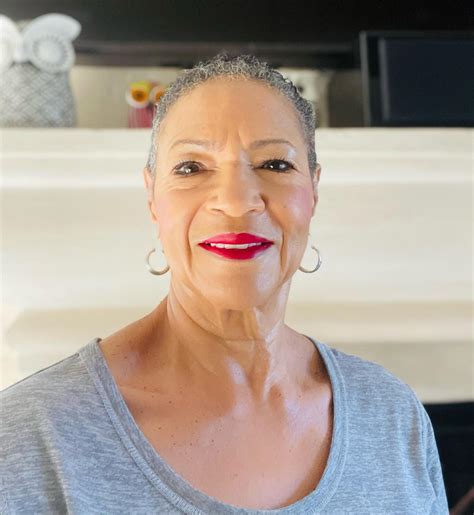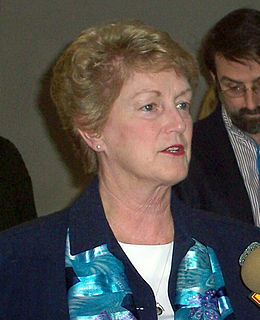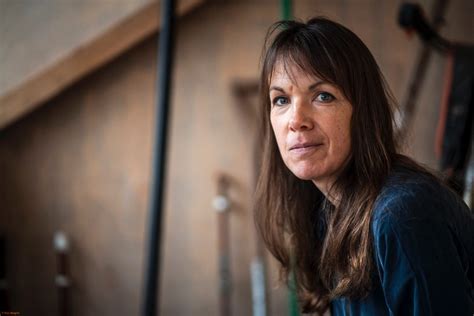A Quote by Tom Peters
One potential long-term problem with many current digital libraries is that they grew out of and aresupported by bricks-and-mortar libraries. Although there is nothing inherently wrong with that arrangement, inreality it creates a potentially dangerous situation that I call "the other digital divide."
Related Quotes
We all know of the dangers and inequities of the traditional digital divide: People who have good access tocomputer networks have a distinct advantage - in terms of both life opportunities and quality of life, I wouldargue - over the vast majority of the world's population that does not yet have good access to computernetworks. The "other" digital divide points to an increasingly unstable situation that has developed inlibrarianship as digital libraries have evolved and matured.
We like to say the Internet is the ultimate library. But libraries are libraries because people come together and fund them through taxes. Libraries actually exist, all over the country, so why is it such a reach to imagine and to someday build a public institution that has a digital aspect to it? Of course the problem is that libraries and other public services are being defunded and are under attack, so there's a bigger progressive struggle this plays into.
Many flagship state universities have wonderful digital libraries that are accessed by people around the world. In future, if not current, budget crises, trustees, board members, and administrators may wonder why these state institutions - with an articulated primary clientele of students, faculty, and staff members and a secondary clientele of all citizens of the state - should be spending resources on a digital library that is used by many people beyond the primary and secondary service populations.
I am delighted to be involved in the digital divide campaign to ensure that every school is made aware of what steps it can take to address the digital divide as it affects local children, and provide a range of opportunities for ICT suppliers, government agencies, charities and other organisations to make a contribution.
In every part of the world with which I am familiar, young people are completely immersed in the digital world - so much so, that it is inconceivable to them that they can, for long, be separated from their devices. Indeed, many of us who are not young, who are 'digital immigrants' rather than 'digital natives,' are also wedded to, if not dependent on, our digital devices.
It's funny that we think of libraries as quiet demure places where we are shushed by dusty, bun-balancing, bespectacled women. The truth is libraries are raucous clubhouses for free speech, controversy and community. Librarians have stood up to the Patriot Act, sat down with noisy toddlers and reached out to illiterate adults. Libraries can never be shushed.
































